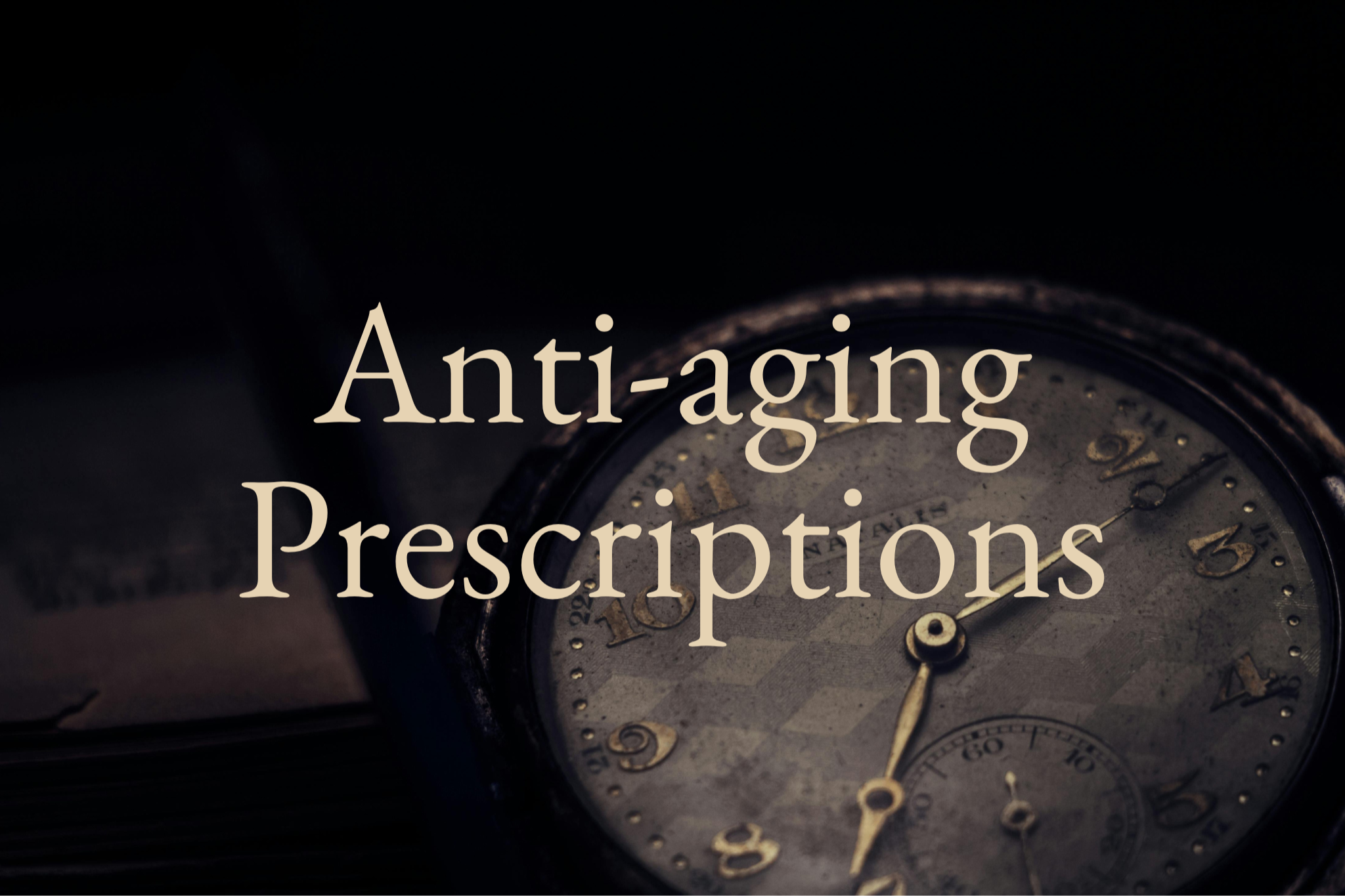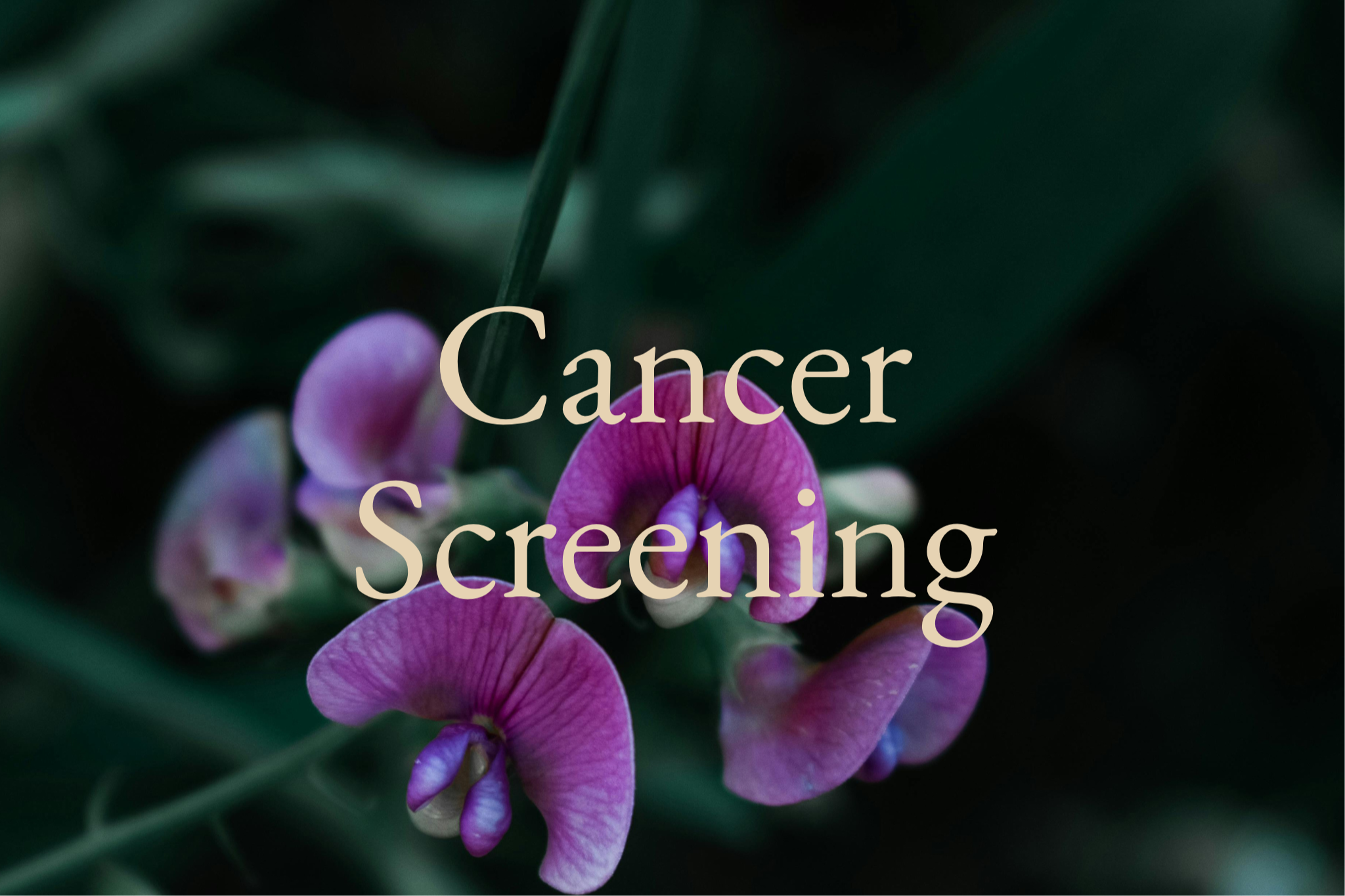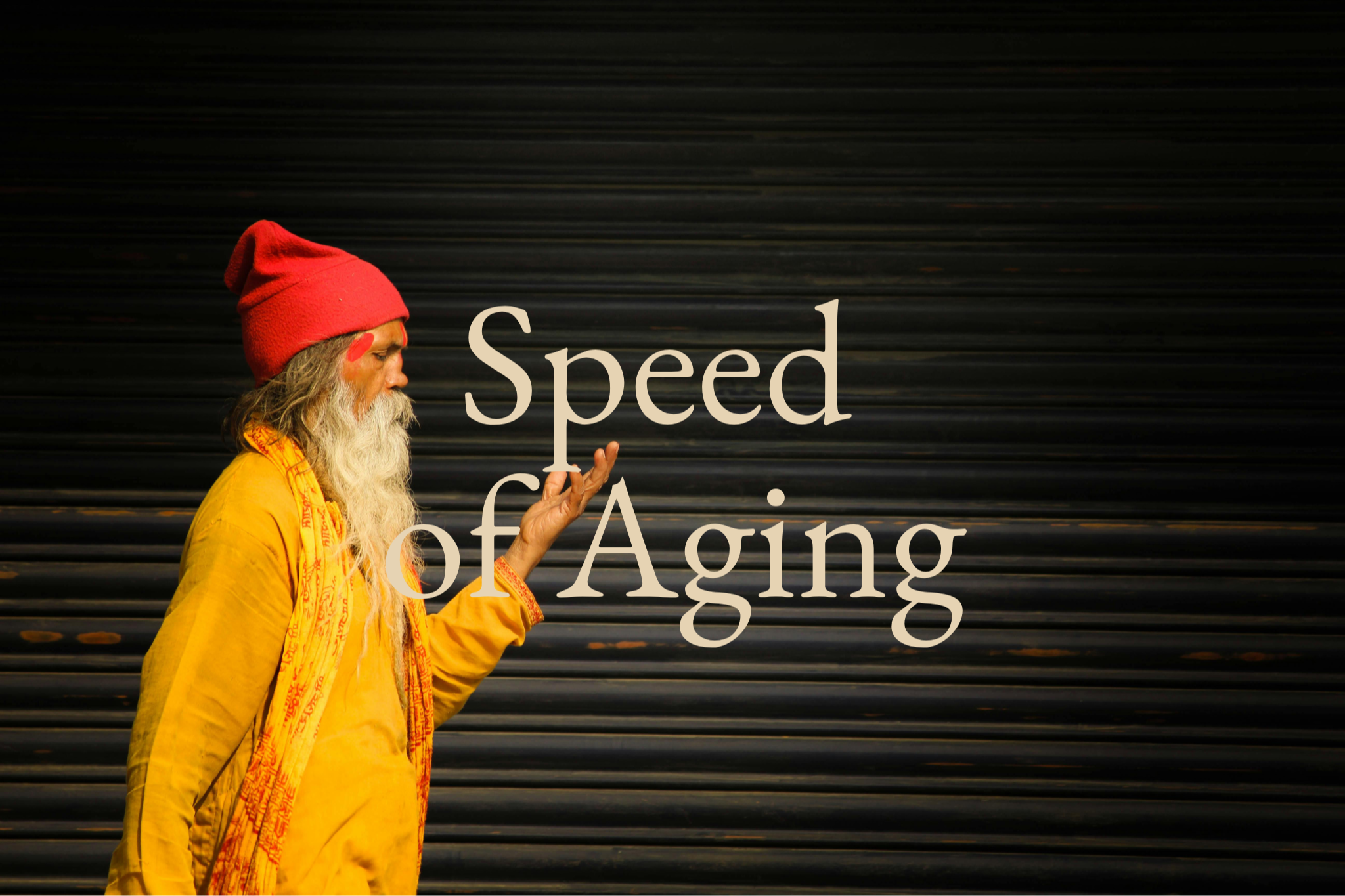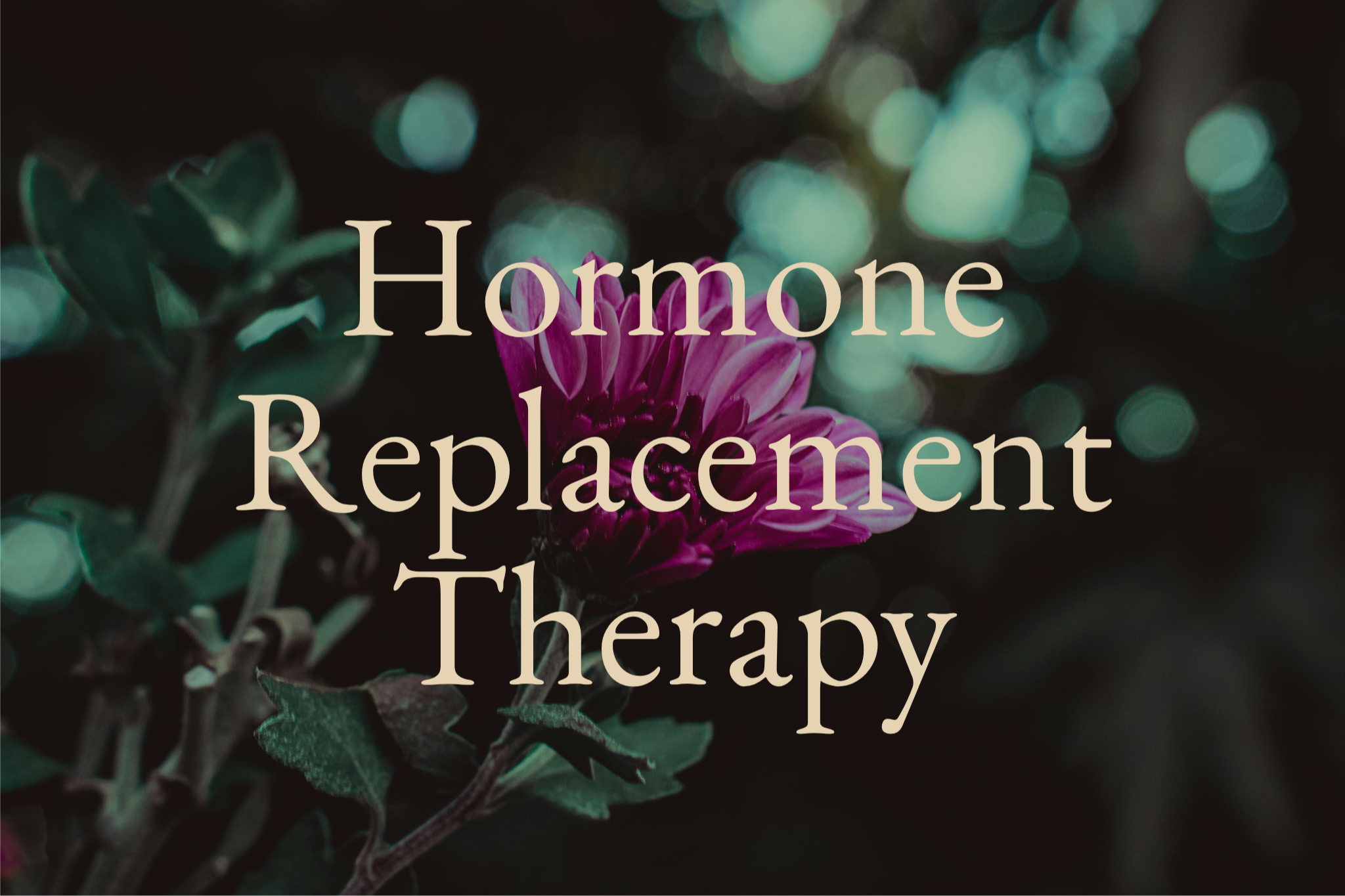Genetics
Your genes load the gun — but your habits decide if it goes off.

Cracking The Code
What percentage of my lifespan is really determined by my genes versus lifestyle, and can adjusting my habits change my odds?
Are there specific “longevity genes” (like FOXO3, IGF1R, CETP) I can check for—what do they mean if I have them?
Can a 23&Me or similar genetic report actually help me live longer or healthier, or is it just interesting trivia?
If I’m at high genetic risk for diseases like Alzheimer’s (APOE4) or breast cancer (BRCA1/2), what actionable steps reduce my risk?
Which gene variants have the biggest impact on metabolic health or diabetes risk—and what can I do to overcome a “bad hand”?
Are there lifestyle changes—like exercise, diet, sleep, or stress management—that directly affect how my genes are expressed (epigenetics) for longevity?
What do you do with my 23&Me report?
Can the Genetic Lifehacks report help me personalize my diet, supplements, or medications for better long-term health?

APOE
Apolipoprotein E has a major effect on risk for Alzheimer’s disease and cardiovascular health, with the E4 variant increasing risk and E2 showing some protection.

FOXO3
Regulates cellular stress resistance, DNA repair, and immune function. Certain variants are strongly associated with healthy aging and long life.

BRCA1&2
BRCA genes increase breast cancer risk and help repair DNA. Knowing your status allows targeted prevention that can save lives and extend healthy years.

SIRT 1&6
Master controllers of cellular repair and metabolism, linked to extended lifespan in animal models and protective effects in humans.

Dementia Prevention
You can’t change your genes, but you can change your habits. Genetic testing helps reveal your brain’s blind spots so we can build a smarter, sharper future — starting now.

Cardiovascular Health
Turns out, heart disease runs faster in some families than others. Your genes hold clues about clotting, cholesterol, and more — knowing them helps us stay two steps ahead.

Cancer
Screening
Some cancers are like bad family traditions — passed down silently. Genetic screening helps us break the cycle early, so you’re empowered, not blindsided.
Courses For Clinicians
CE credits are nice. But knowing what to actually do in practice? That’s better. Our clinician courses teach what med school didn’t — and what your patients actually need.
Learn More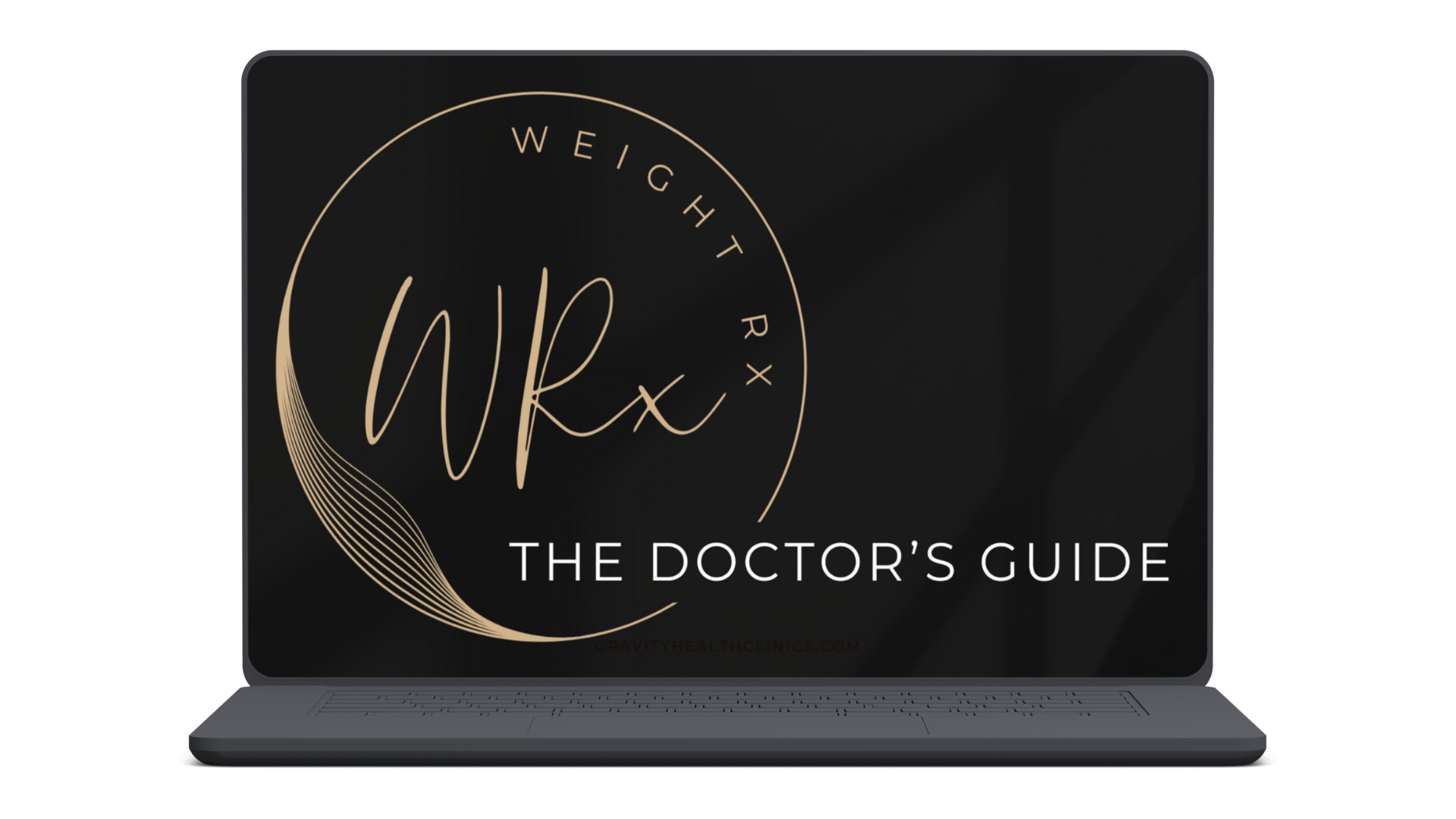
Longevity Medicine
Explore below to discover a longer life, lived better—and make every year count.
Patient Newsletter
Stay in the loop on our latest thoughts, webinars, and announcements.

